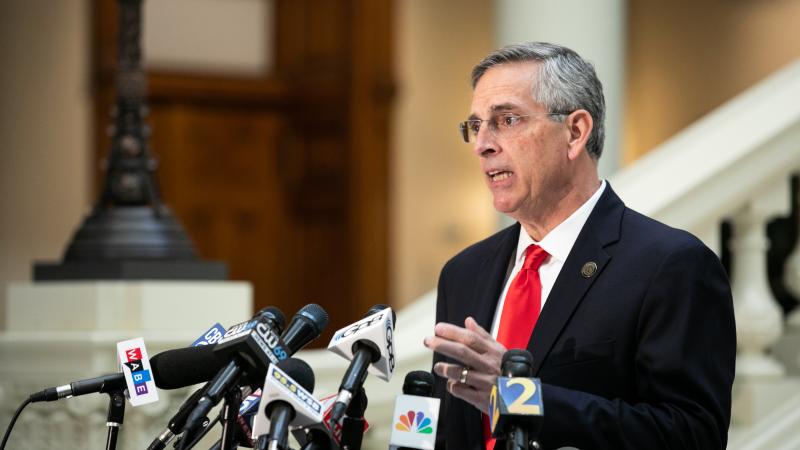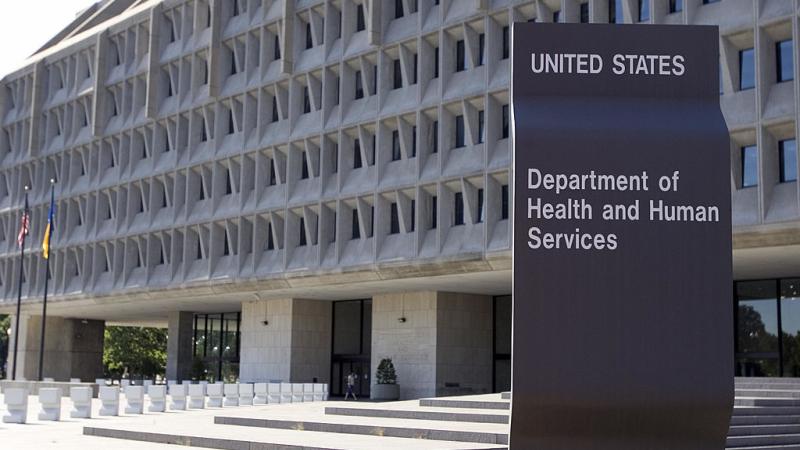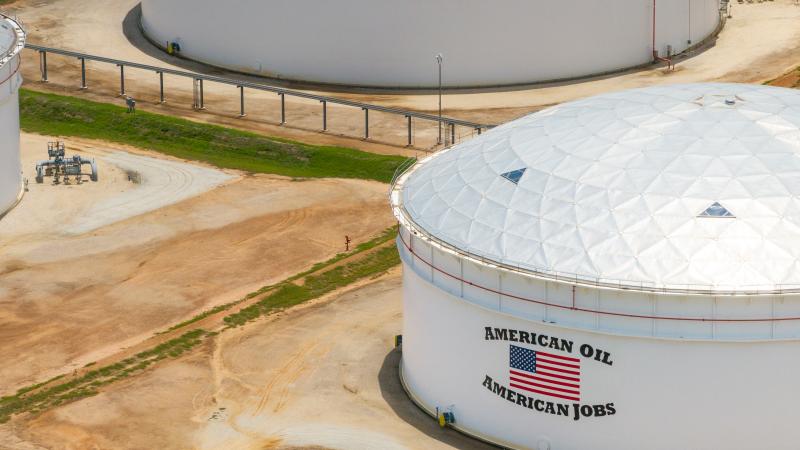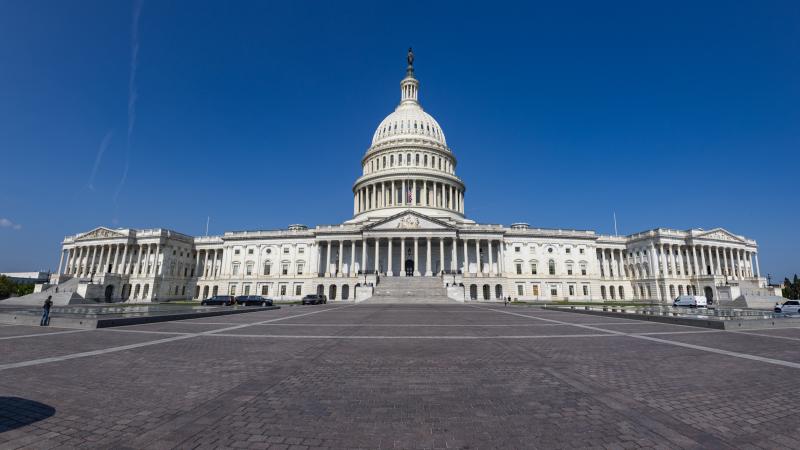NASA says it's working on schedule for next moon mission after watchdog report
The U.S. Government Accountability Office reported in late November that NASA's timeline for the Artemis III mission was "unrealistic."
(The Center Square) -
NASA said it working on a timeline for its next crewed mission to the moon after a Congressional watchdog reported that the space agency's planned 2025 date was "unrealistic."
The U.S. Government Accountability Office reported in late November that NASA's timeline for the Artemis III mission was "unrealistic."
"The complexity of human spaceflight suggests that it is unrealistic to expect the program to complete development more than a year faster than the average for NASA major projects, the majority of which are not human spaceflight projects," according to the report. "GAO found that if development took as long as the average for NASA major projects, the Artemis III mission would likely occur in early 2027."
NASA said Tuesday that it was working on a timeline for the next moon mission.
"NASA is working with the partners involved in the mission to develop a timeline for the path to Artemis III," the agency said in a statement through a spokesperson. "Advancing these systems for flight involves complex design, development, and testing, as well as new procedures and first time operations, to ensure successful integration across hardware and mission phases."
The U.S. space agency said contractors will have to hit their project deadlines.
"All contractors and partners for the different elements of Artemis must deliver on time for the success of the mission and the agency's exploration goals," NASA said in the statement. "Through Artemis, the agency will establish a long-term presence at the Moon for scientific exploration with our commercial and international partners, learn how to live and work away from home, and prepare for future human exploration of the Red Planet."
NASA is projected to spend $93 billion on the Artemis effort up to fiscal year 2025, according to a 2021 report from NASA's Office of Inspector General. But the exact cost is unknown. That same report noted that "NASA does not have a credible estimate that consolidates all Artemis costs across mission directorates."
In the fiscal year 2024 President's budget request, NASA asked for $12.4 billion over 5 years for the human landing system and modernized space suits.
Artemis I and Artemis II – two test missions – will proceed the crewed moon mission.
"Building on the success of our Artemis I mission, NASA is preparing for Artemis II and beyond, including sending the first astronauts to explore near the lunar South Pole," NASA said in the statement. "Artemis III will mark other firsts for humanity including the first human mission to the Moon in more than 50 years, and landing the first woman on the lunar surface."
As The Center Square previously reported, the Government Accountability Office report cited delays to the Human Landing System program as a factor. The Human Landing System program had delayed eight of 13 key events by at least 6 months as of September 2023. Two of those events were been delayed to 2025, the year the lander is planned to launch. The delays were caused in part by the Orbital Flight Test. The test was delayed by seven months to April 2023. It was then ended early when the vehicle deviated from its expected trajectory and began to tumble. Subsequent tests rely on the successful completion of a second Orbital Flight Test. There also is a lot of other work that needs to be done before the moon mission, including by government contractors such as SpaceX and Axiom, according to the GAO report.













